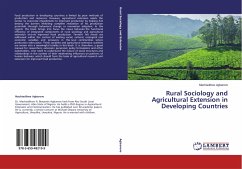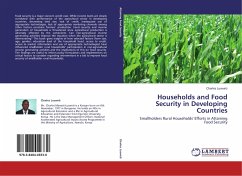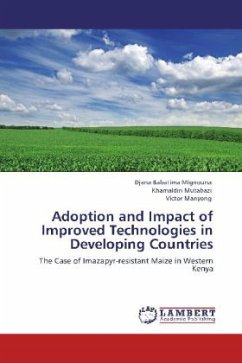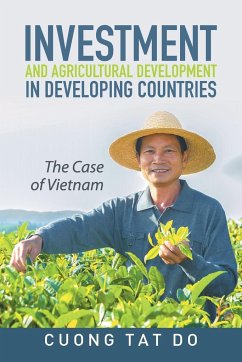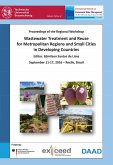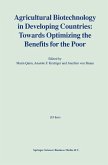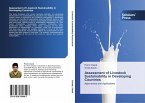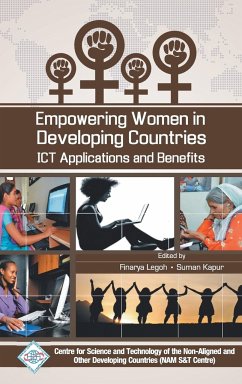Food production in developing countries is limited by poor methods of production and resources. However, agricultural extension assists the farmer to overcome impediments to improved production by helping him destroy the barriers inhibiting complete realization of his production potentials through behavioral change or innovation adoption. In this regard, this book brings into focus the nexus between the functional efficiency of integrated components of rural sociology and agricultural extension vis-à-vis improved food production. Farmers' felt needs are addressed within the context of existing social, cultural, ecological and economic variables and pressures in the rural communities where production takes place. These variables and agricultural extension activities are woven into a meaningful totality in this book. It is, therefore, a good manual for researchers, extension personnel, policy formulators and other stakeholders, who need to understand the nature of social structuresand relationships in the context of their moderating influences on patterns of human behavior, which should form the basis of agricultural research and extension for improved food production.
Bitte wählen Sie Ihr Anliegen aus.
Rechnungen
Retourenschein anfordern
Bestellstatus
Storno

